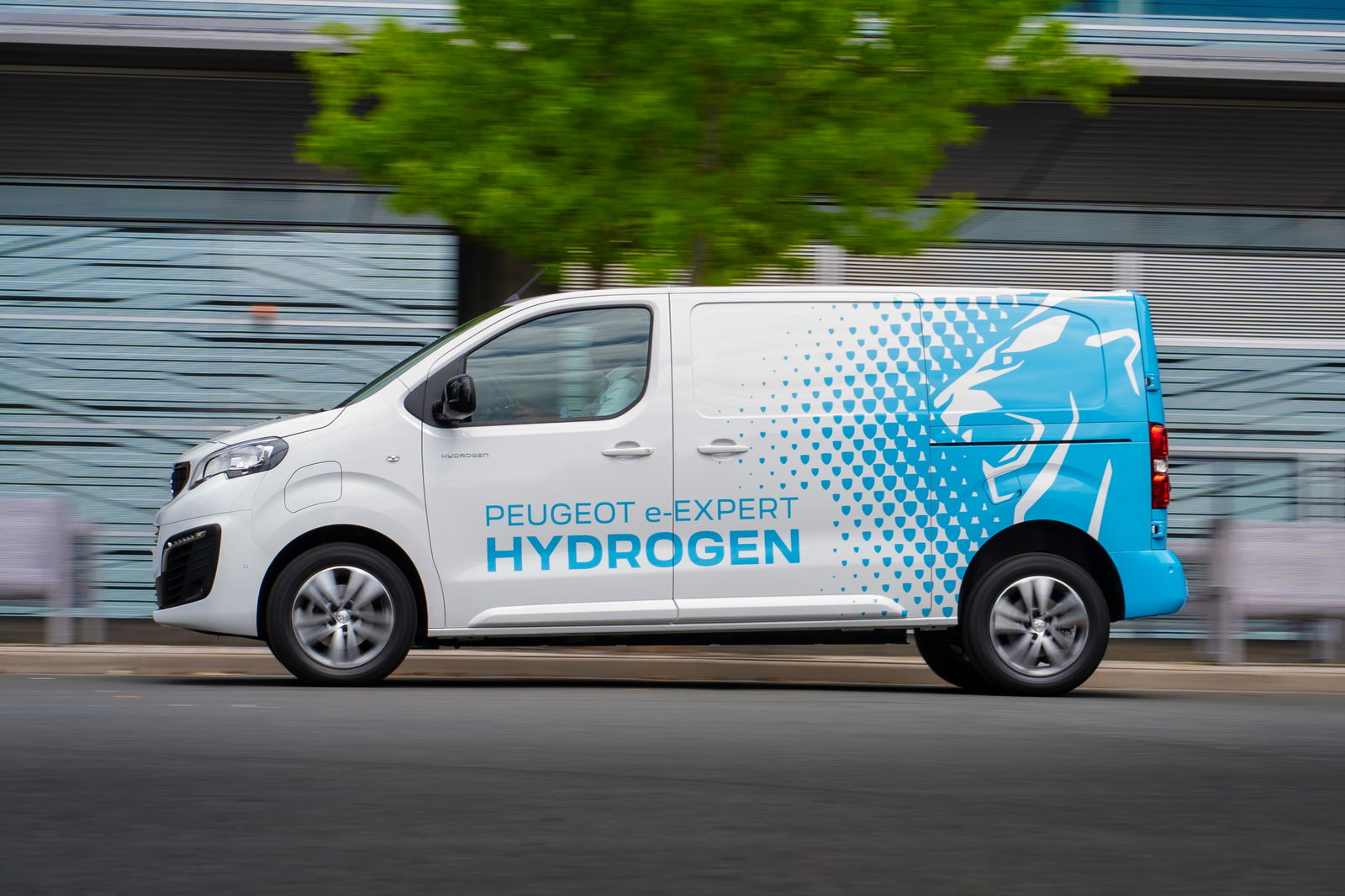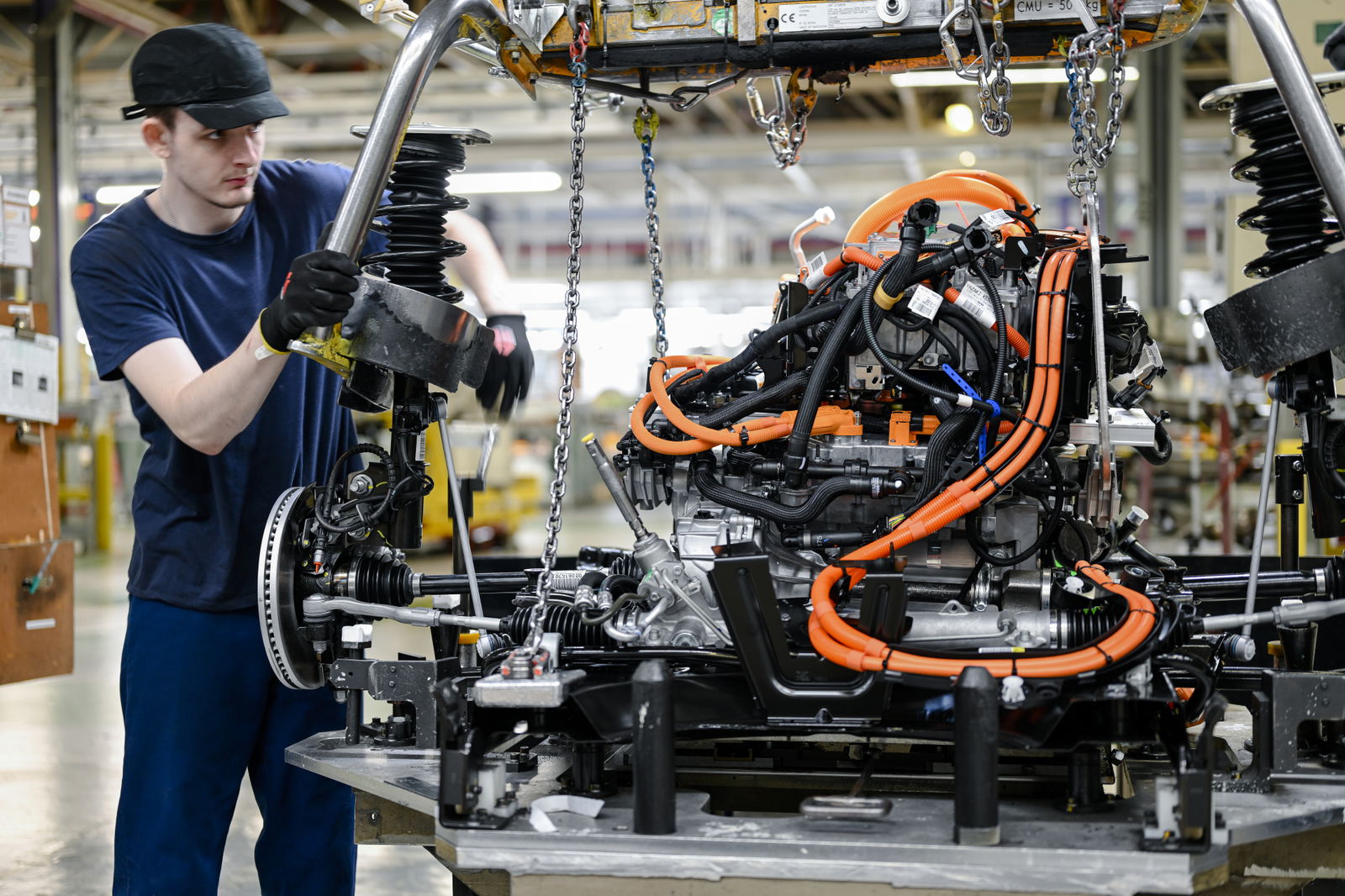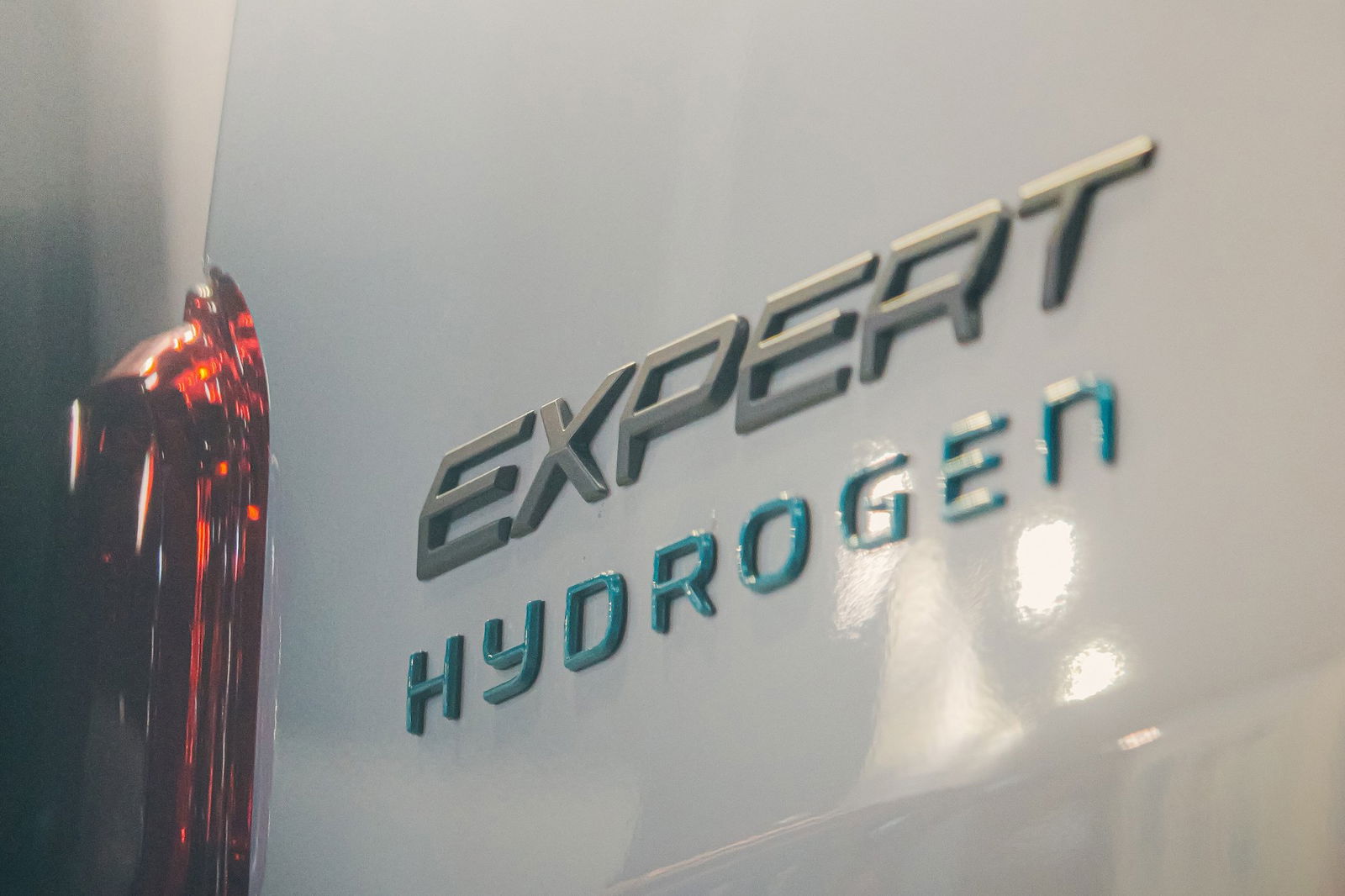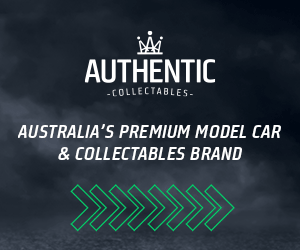Dutch automotive conglomerate Stellantis – the parent of more than a dozen brands, including Ram, Jeep, Peugeot and Fiat – has announced it will end development of hydrogen fuel-cell vehicles (FCEVs), citing lack of demand and infrastructure.
“In a context where the company is mobilising to respond to demanding CO2 regulations in Europe, Stellantis has decided to discontinue its hydrogen fuel cell technology development program,” chief operating officer for Enlarged Europe, Jean-Philippe Imparato, said in a media statement.
“The hydrogen market remains a niche segment, with no prospects of mid-term economic sustainability. We must make clear and responsible choices to ensure our competitiveness and meet the expectations of our customers with our electric and hybrid passenger and light commercial vehicles offensive.”

In addition to Imparato’s comments, Stellantis said in its media release that it “does not anticipate the adoption of hydrogen-powered light commercial vehicles before the end of the decade”, due to “limited availability of hydrogen refuelling infrastructure, high capital requirements, and the need for stronger consumer purchasing incentives.
Stellantis, the world’s fifth-largest automotive manufacturer by volume, had planned to start series production of its ‘Pro One’ commercial vans, which was set to include hydrogen-powered versions of the Peugeot Expert, Peugeot Boxer, Fiat Ducato and badge-engineered alternatives from Opel and Citroen.
According to Stellantis, the decision to end FCEV research and development won’t result in direct job losses, with those involved in the projects to be used by other aspects of the business.
It’s the latest blow for FCEVs, which have been adopted in significantly smaller numbers than EVs globally, thanks in part to incentives and infrastructure support for the latter.

The Toyota Mirai and Hyundai Nexo stand as two of the very few mainstream FCEVs available, though both are only available under strict conditions in certain markets.
In Australia, both vehicles are only leased to certain corporations, rather than sold through showrooms. Locally there are just over a dozen hydrogen fuelling stations.
While the US state of California was once a big supporter of hydrogen vehicles – with the technology first becoming available through the Honda Clarity – there are now less than 50 pumps in the Golden State.
In 2023, US FCEV sales didn’t even surpass 3000 deliveries. Though the launch of an FCEV Honda CR-V could change this, it’s unlikely to sway the backwards momentum for the technology.

Toyota remains committed to hydrogen, however most of its recent focus has centred on using the world’s most abundant element as a combustible replacement for petrol and diesel.
In 2021 it started racing a version of the pre-production GR Corolla in Japan’s Super Taikyu series, with its turbocharged three-cylinder engine running on hydrogen gas. In 2023, that car was upgraded to run on liquid hydrogen, and completed a demonstration lap at Le Mans.
It also plans to compete in a round of the World Rally Championship in Finland with the GR Yaris Rally2 H2 Concept, adopting the same powertrain.












Discussion about this post